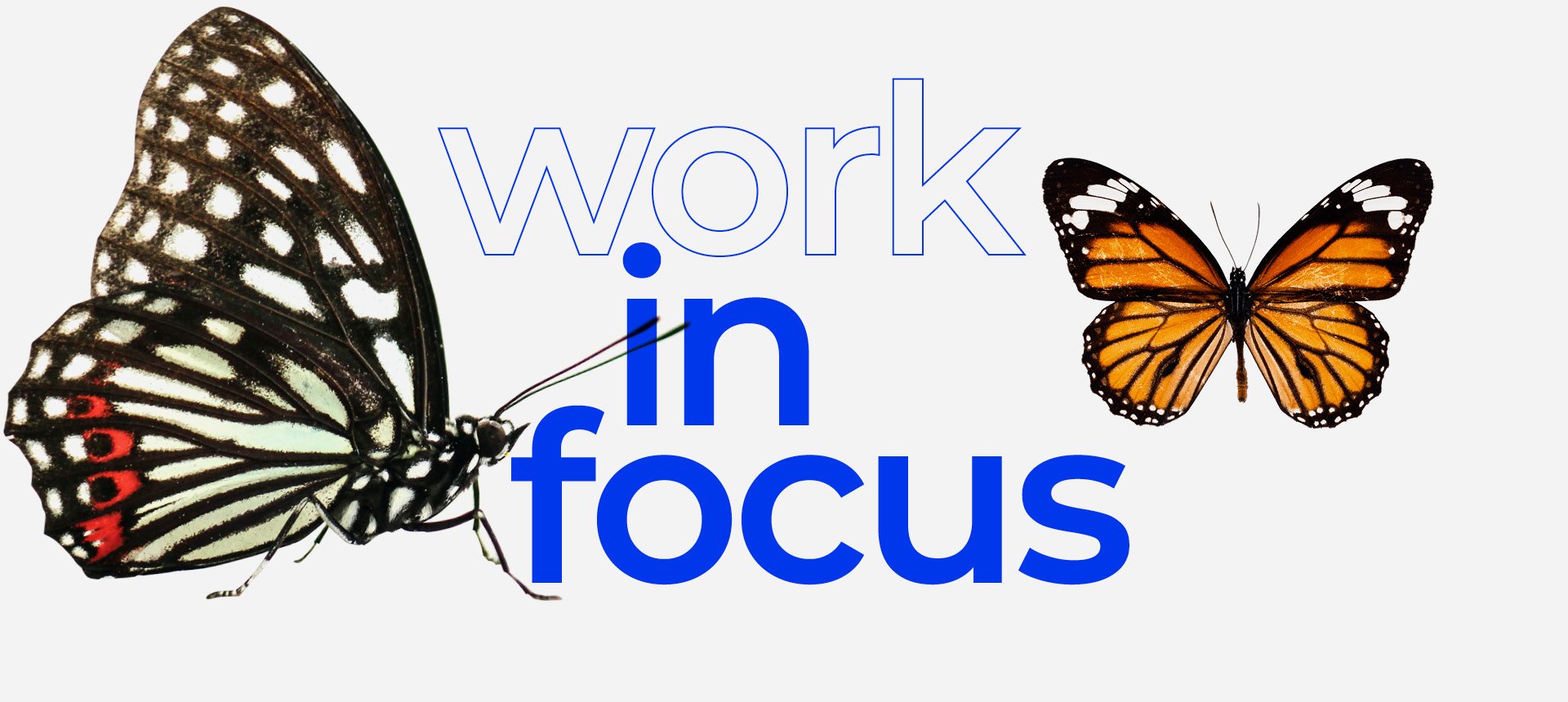
Spotlight: Work In Focus
Brilliant ideas can capture attention, change behaviours and even affect policies. MSQ/Sustain’s founder, Richard Armstrong, shares some recent great creative thinking that caused a stir at COP27 and beyond…
Great ideas, delivered in a compelling way, can change hearts, minds, behaviours and policies faster.
Indeed, the nature and climate crises we find ourselves in don’t just require policy solutions, they need ideas to take root in the minds of businesses and consumers if there is to be any hope we can change current trajectories.
MSQ/Sustain have been busy as usual, and our creative work can be seen in many COP pavilions and digital channels, from last year’s COP27 and CBD15 to this year’s COP28 and beyond.
Nature Positive
You may have never heard of the concept ‘nature positive’, but it really matters – to your business and to your daily life. Not many people are aware of the scale of the crisis in Nature – since 1970, we have caused a 70% decline in the populations of mammals, birds, fish, reptiles and amphibians. It is thought that one million animal and plant species – almost a quarter of the global total – are threatened with extinction.
Nature Positive is a global goal to immediately halt and reverse nature loss by 2030.
Or to put it another way, every business, country, person and household needs to reduce the harm they do to Nature – and look to regenerate it so that our soil is healthier, our water and air is cleaner, our pollinators and fish stocks more abundant.
Our brief was to ‘mainstream the idea of Nature+Positive at COP – make it as well-known, as visible and as urgent as Net Zero’.
Introducing the ‘Nature Stripes’
In 2018, Professor Ed Hawkins created the ‘Climate Stripes’ – charting the annual increase in average global temperatures to raise the alarm on the climate crisis.
In 2022, Professor Miles Richardson created a powerful and compelling visualisation of the decline in nature. From green to grey, it uses the Living Planet Index to chart the decimation of biodiversity.
For our ‘Nature Positive’ campaign, we have taken Prof. Richardson’s stripes and, with deceptive simplicity, inverted them. Rather than a metric of decline, we want to use them as a symbol of optimism.
We believe that change is possible – change is, after all, in our nature. Change towards a nature-positive future, where the planet, nature and biodiversity is considered as an integral part of our existence, our economy, our society, and is factored into all our decision-making processes.
“It’s cheesy but I stand by the words ‘be the change you want to see in the world’. Our own reduction may not bring the climate out of crisis tomorrow, but being a positive influence for other businesses, clients and our employees can certainly make a difference.”
— Rosie Driscoll, Account Executive, MBAstack



